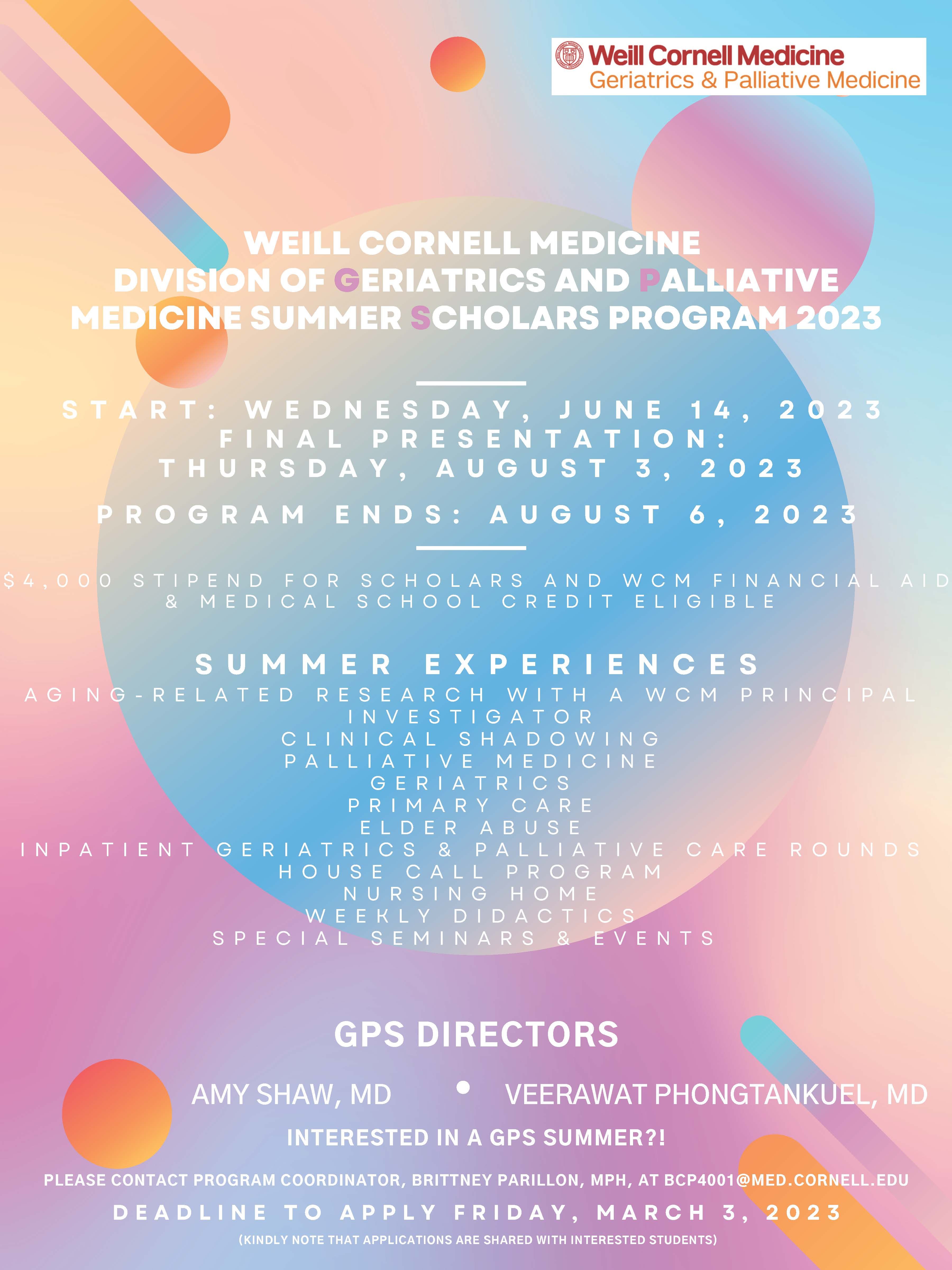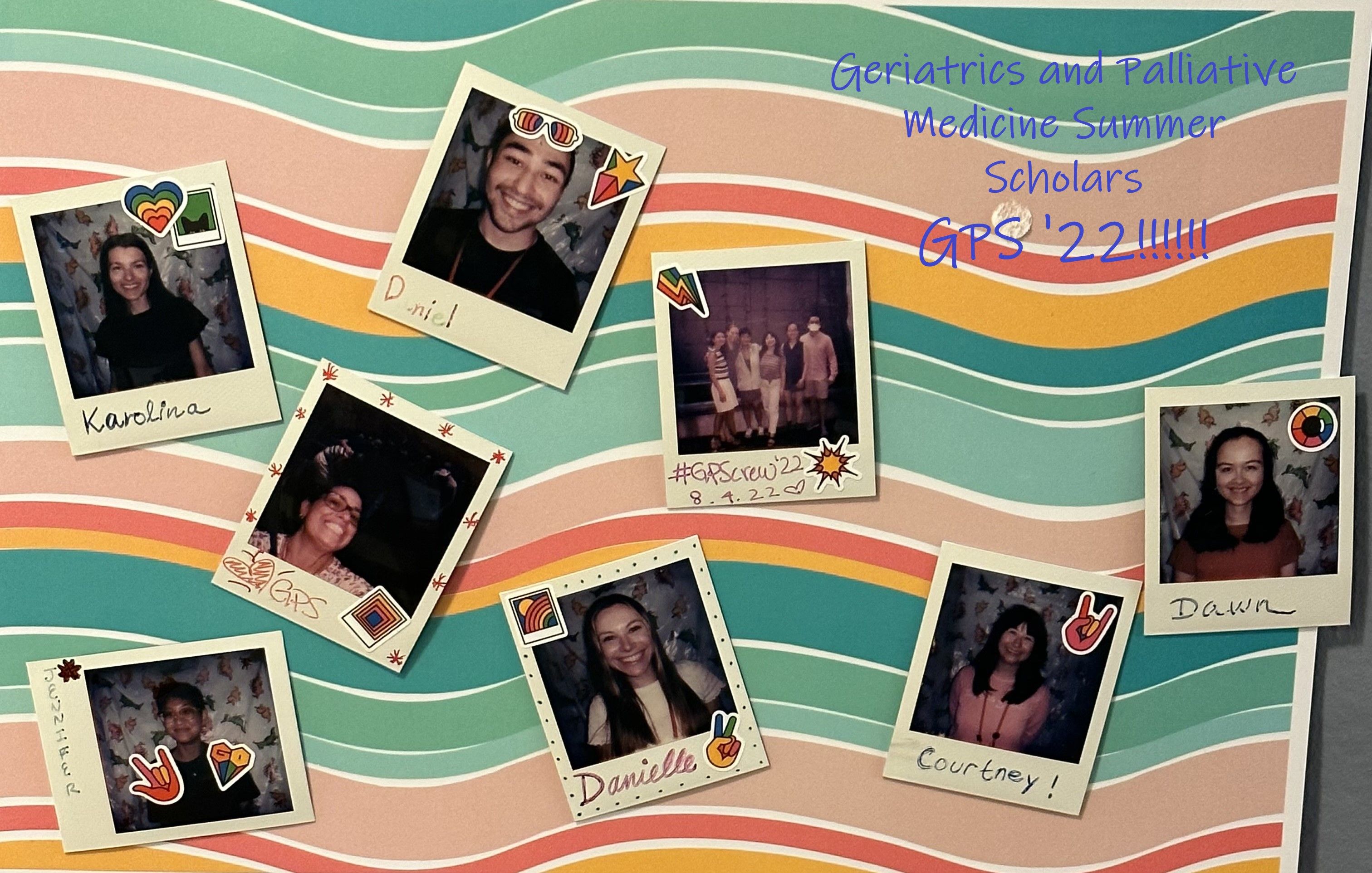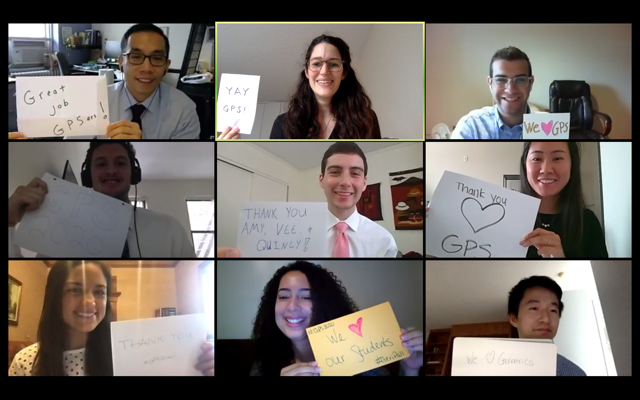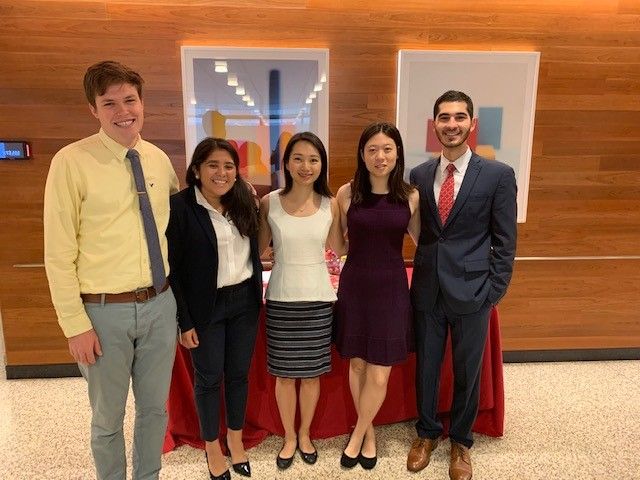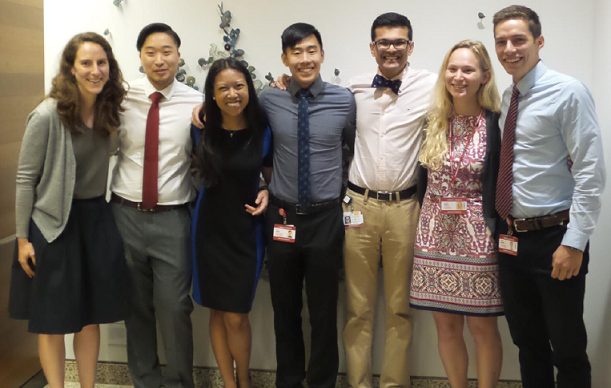Clinical
Geriatric Medicine Elective
Fourth-year students have an opportunity to interact with older adults in a variety of settings, including:
- The hospital (in our Acute Care for Elders Unit and through our Consultation Service)
- Center on Aging, our ambulatory practice
- Home environments though our House Call program
- A nursing home
Additional areas that may be explored include geriatric psychiatry, neuropsychiatric testing, rehabilitation medicine, palliative medicine and hospice. The student will participate in Geriatrics Team meetings and will be expected to prepare and deliver a lecture to the geriatrics faculty and staff. We attempt to individualize the experience for the student as much as possible.
This elective is only open to students from Weill Cornell Medical College and former MSTAR/Adelman Scholars.
Longitudinal Experience to Advance Patient Care (LEAP)
A collaborative effort with faculty from a variety of different departments and disciplines creates opportunities for students to be paired with patients and follow them over their entire four years in medical school. The LEAP program offers students an opportunity to conduct home visits on patients of all ages, often accompanied by geriatric faculty member.
The goals of this course are to allow students:
- A close pairing of basic science and clinical experience early in their education
- To see disease processes evolve over time
- To learn the art of relationship building with patients and colleagues
- To appreciate the complexities and challenges patients face within the health care system.
The Division of Geriatrics and Palliative Medicine plays an important role in the LEAP curriculum development and clinical mentoring of students as the four-year process unfolds. Home visit program students have the opportunity to spend an afternoon with geriatric faculty as they make their scheduled home visits together.


